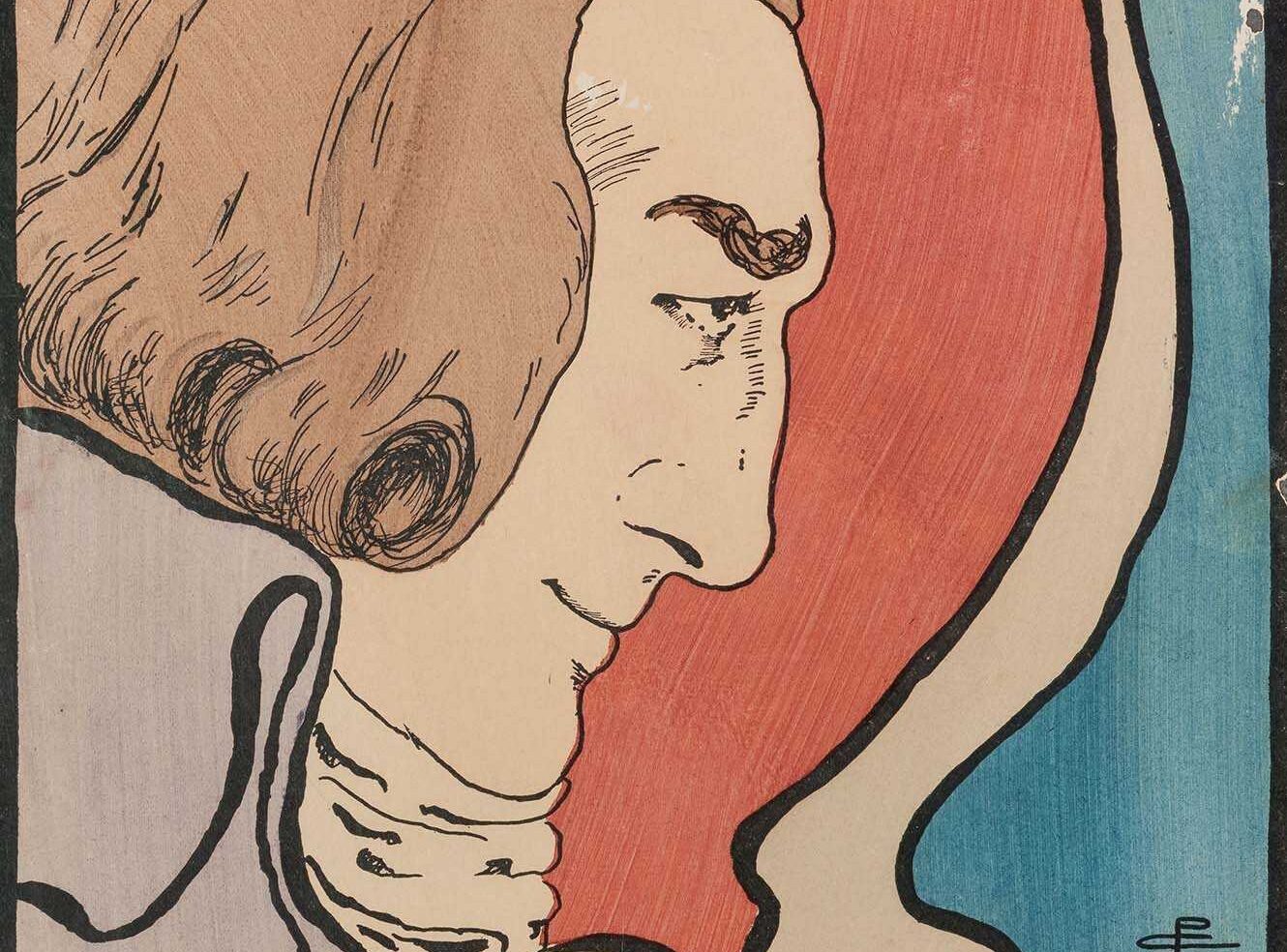An Eighteenth Century Hiddleswift
Pandemonium ensued in the Adam Matthew office yesterday morning, all because Taylor Swift is now dating Tom Hiddleston. We’re not proud of it, but nevertheless we indulged in gossiping heatedly about this new development in Taylor Swift’s eventful love life. And we weren’t the only ones; ex-lover Calvin Harris’ online reaction became one of the most read stories on the BBC website, and newspapers like The Telegraph and the Guardian covered the story on their homepages. Needless to say, social media sites like Twitter and Instagram had a field day too.
At least we can take comfort in this simple fact: fascination with celebrities is nothing new. It goes back centuries, way before Hollywood produced film stars and the internet created memes. So what came before the screen? The stage. In Adam Matthew’s Eighteenth Century Drama resource, I found my favourite historical ‘Hiddleswift’ style couple, in the resource’s Biographical Dictionary database. Produced in ten volumes, the Biographical Dictionary lists all the actors, actresses, musicians and more that worked in London between 1660 and 1880. Digitised in its entirety, researchers can interrogate this database using an alphabetical list, search terms, date ranges or by selecting roles to discover details about the work and life of the biggest stars to obscurest musicians. Or… they can ferret out gossip.

A portrait of Michael Kelly from A Biographical Dictionary, © The British Library, reproduced with kind permission of Southern Illinois University Press.
My favourite affair was the romance that bloomed between Michael Kelly and Anna Maria Crouch. Born in Ireland, Michael Kelly was an opera singer, studying in Italy and performing with the Italian Opera. The Biographical Dictionary details his rise to fame as he travelled throughout Europe, eventually performing in London in 1787. He portrayed Lionel in A School for Fathers at Drury Lane, opposite the fabulously famous Anna Maria Crouch. Anna Maria started out as an apprentice at Drury Lane, and made her first appearance on stage in 1780. An accomplished singer and comic actress, Anna Maria became the object of adoration, with poems written about her, songs written for her, portraits painted of her and even an assassination attempt by a spurned suitor.

A portrait of Anna Maria Crouch from A Biographical Dictionary, © The British Library, reproduced with kind permission of Southern Illinois University Press.
In 1787, Kelly not only became Crouch’s onstage partner, but he also moved into the same street as her and became her coach. Virtually inseparable onstage and off, it was soon obvious that their attachment was more than professional. It’s worth mentioning here that Mrs Crouch was married to a naval officer called Rawlings Edward Crouch, who seemed unperturbed by his wife’s affair; in fact, the three of them toured theatres together in what the Biographical Dictionary calls “a bizarre menage à trois”.
I can only imagine how exciting this affair was; two of the most famous and accomplished performers, one married, living brazenly in sin and scandal. It was the affair that kept giving as well; Mr Crouch was finally kicked to the curb in 1791, paid off with a sizeable stipend and allowing the lovers to live as husband and wife. There was trouble in paradise, though, when rumours began to circulate of Anna Maria’s affair with the Prince of Wales. Luckily for Kelly, the affair was short lived, and the couple even benefited financially from the liaison. That was the last of their romantic troubles, and they lived together quite happily, performing successfully and entertaining regularly in their London home. When Anna Maria tragically died in 1805 of an “internal mortification”, devoted and grieving Kelly raised a monument over her grave in Brighton and resolved to quit the stage.
 Kelly continued to work as a manger at Drury Lane Theatre after the death of Anna Marie, though he didn't again take to the stage. © The Garrick Club Library
Kelly continued to work as a manger at Drury Lane Theatre after the death of Anna Marie, though he didn't again take to the stage. © The Garrick Club Library
You can read more about Crouch and Kelly’s dazzling careers by using the Biographical Dictionary database resource in Eighteenth Century Drama, or read their entries in the original document, also digitised in its entirety. Eighteenth Century Drama was published in May 2016. For more information, including free trial access and price enquiries, please email us at info@amdigital.co.uk.
Recent posts

Foreign Office, Consulate and Legation Files, China: 1830-1939 contains a huge variety of material touching on life in China through the eyes of the British representatives stationed there. Nick Jackson, Senior Editor at AM, looks at an example from this wealth of content, one diplomat’s exploration of Chinese family relationships and how this narrative presented them to a British audience.

The Nineteenth Century Stage is a rich resource exploring the theatrical celebrities, artistry, and changing social roles of the era. It highlights Pamela Colman Smith, known for her Rider-Waite tarot illustrations and theatre work, whose influence shaped Victorian theatre. Despite being overlooked, her life and impact are vividly captured through striking art and intimate collections within this valuable resource.
